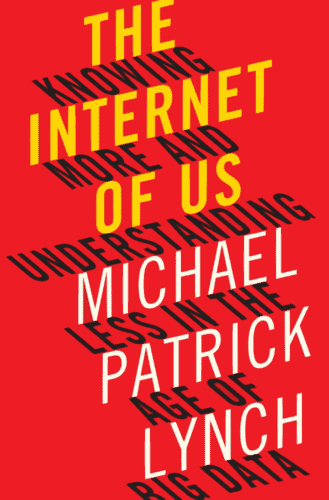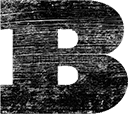
The Internet has brought about huge change in our world. Knowledge is more easily available now than at any time in our history. But with the widespread availability of information that the Internet brings, do we really know more than ever before? The Internet of Us: Knowing More and Understanding Less in the Age of Big Data explores just that question.
The Internet Of Us
We now live in a world where no question must go unanswered. Where we use to get into arguments over debates of fact but had to agree to disagree, we can now find the answer to nearly any question with a quick search of the Internet. But how do we know the answers we receive are truly the correct answer?
The Internet Of Us explores the idea that even with endless access to information, knowing the truth is still incredibly difficult. While we may tend to trust top results, how do we really know they they hold the truth?
Citing sources such as research and links to other authoritative resources is one way websites attempt to show the correctness of the information they contain, but how do we know the cited sources are truth too? The author goes through round after round of questioning the ways in which we come to conclusions of fact and questioning everything we see online.
A Silly Question
It’s an interesting idea explored in The Internet Of Us, but it quickly becomes silly.
Short of going out and conducting experiments ourselves, we do have to rely on trust for most of our information. That information may not always be correct but unless we want to spend all day verifying all facts for ourselves, it seems far easier to research our sources and move on with life. We simply don’t have the time, background, and resources to find all the answers ourselves.
There are many things we’re better off taking others word for. I’ll let a doctor tell me how long a human can go without oxygen without suffering brain damage, instead of testing it myself. Or allow a fugu chef know how to prepare a puffer fish, rather learning by trial and error on my own.
We could question everything we’re told or see, but doing so would lead to us getting little done. There’s a reason we have history books, references, encyclopedias (and wikipedias), and countless other forms of reference material. They allow us to learn what others have found, and build upon it. We don’t need to reinvent the wheel each time, just to prove that it does in fact roll.
The idea that we have access to greater knowledge but understand less and less of what it contains is also examined. Just because you don’t understand all the forces involved in driving a nail doesn’t mean you can’t use a hammer to accomplish tasks. Understanding of every detail isn’t a prerequisite for applying knowledge and never has been.
Stop The Silliness
Many questions seem interesting up front but quickly become a bit of an annoyance. The ones explored in The Internet Of Us is one of them. We could spend all day questioning the truths of the internet but our time would be far better spent looking to reliable sources, doing a bit of research, and trusting in them, rather than questioning each and every piece of the puzzle.
The internet is filled with disinformation and truth (just as physical books were before that). With a bit of due diligence, we can generally find the difference between the two. While The Internet of Us: Knowing More and Understanding Less in the Age of Big Data explores some interesting questions of how we really know truth in the days of big data, it seems a waste of time to never trust and spend forever searching for false-truth, rather than moving on. In the end, I’m not sure it’s worth spending your time reading it, when you could be taking that next step forward, instead of questioning the ones you took before.
